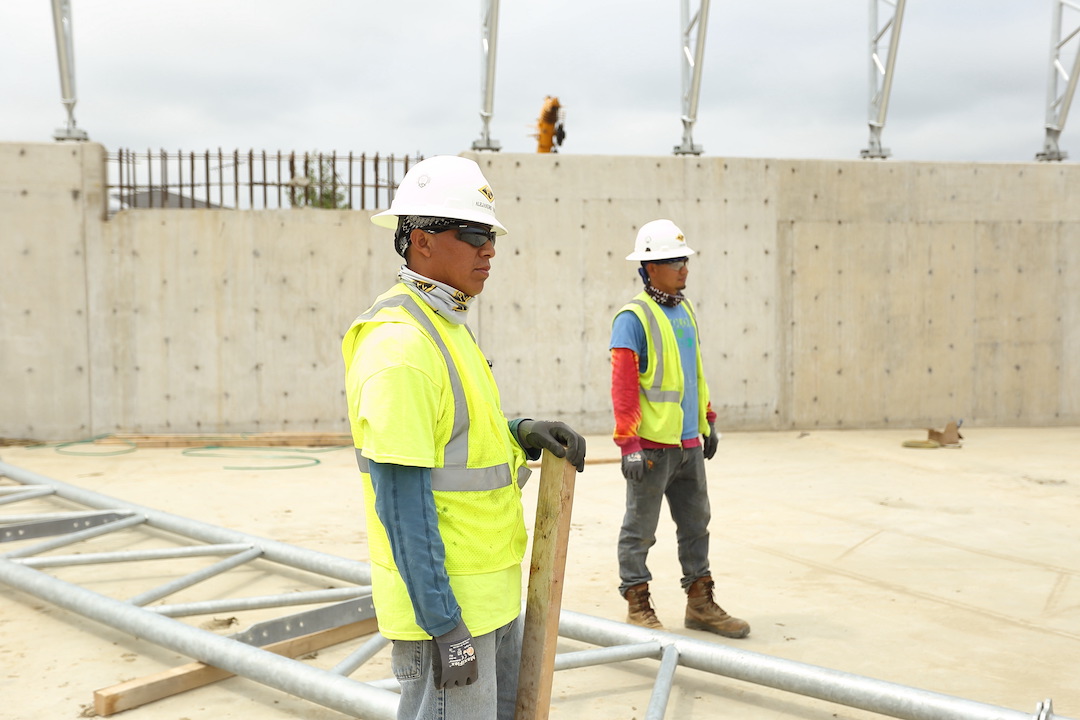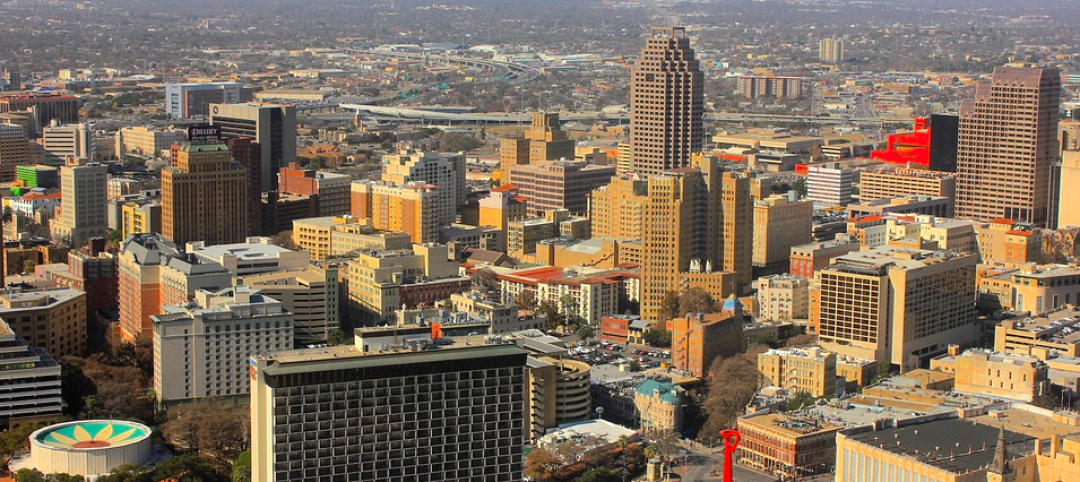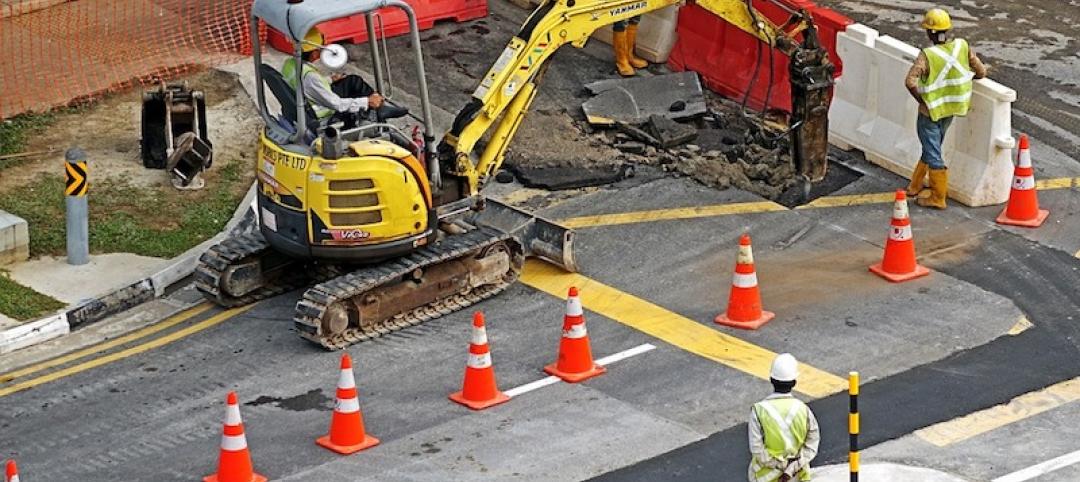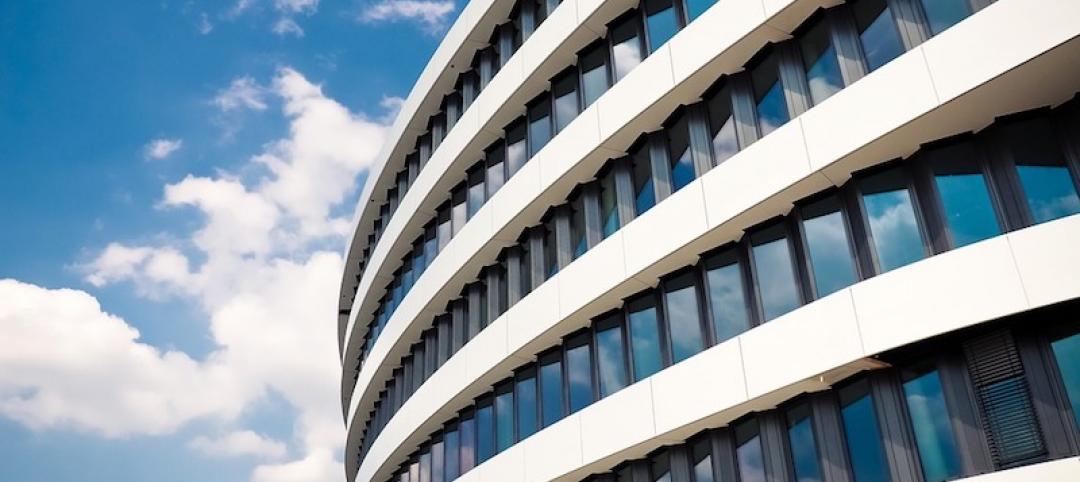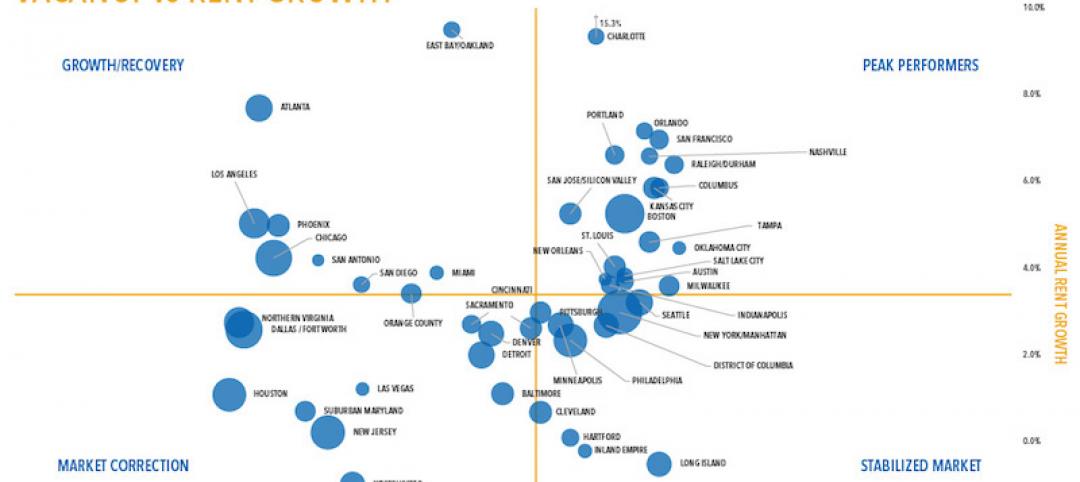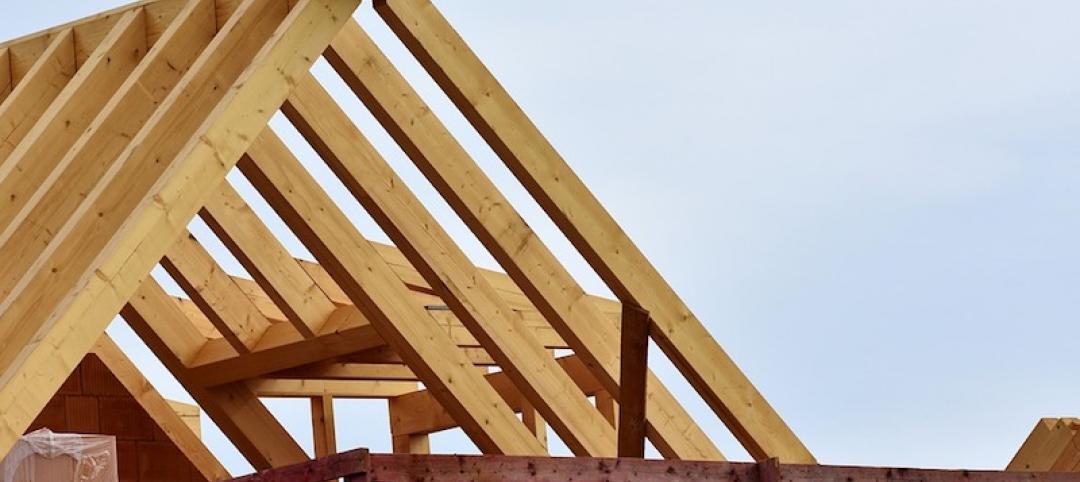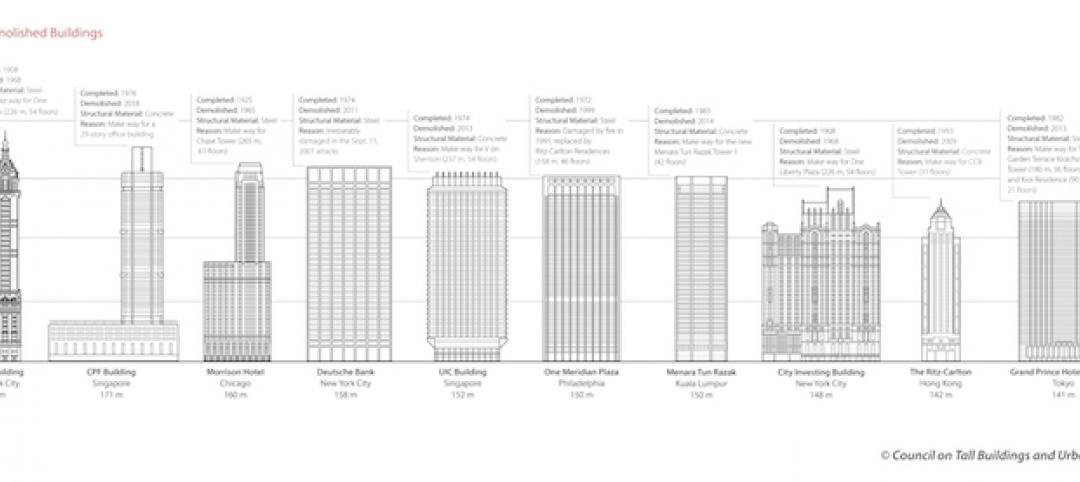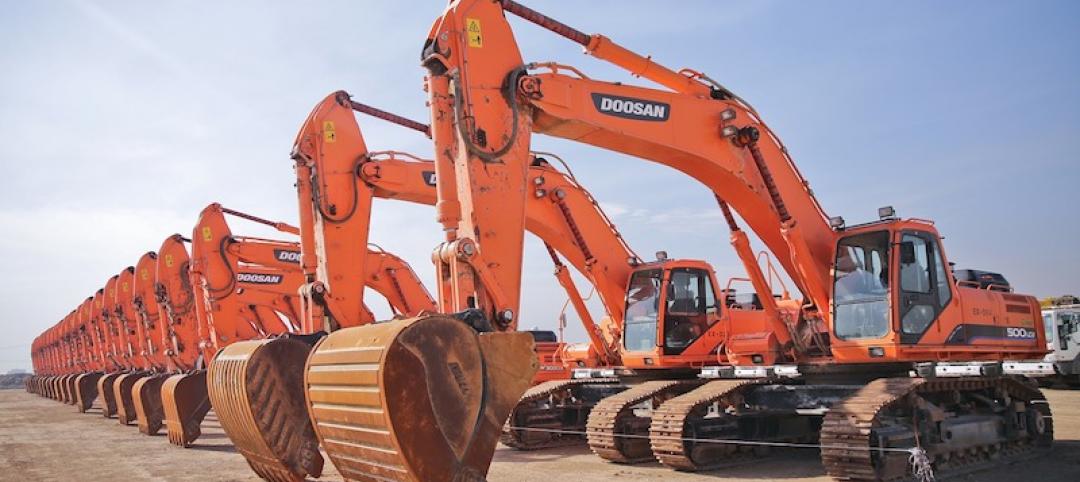Total construction spending edged higher in October, as gains in public and private project types outmatched decreases in single- and multifamily residential outlays, according to a new analysis of federal construction spending data the Associated General Contractors of America released today. Officials noted that public sector investments would likely rise in the near future because of the recently-passed infrastructure bill, but cautioned that labor shortages and supply chain problems were posing significant challenges for the industry.
“It is encouraging to see such a broad-based pickup in spending on nonresidential projects in the latest month,” said Ken Simonson, the association’s chief economist. “But the construction industry still faces major challenges from workforce shortages and supply-chain bottlenecks.”
Construction spending in October totaled $1.60 trillion at a seasonally adjusted annual rate, 0.2% above the September rate and 8.6% higher than in October 2020. Year-to-date spending in the first 10 months of 2021 combined increased 7.5% from the total for January-October 2020.
Among the 16 nonresidential project types the Census Bureau reports on, all but two posted spending increases from September to October. Total public construction spending rose 1.8% for the month, while private nonresidential spending inched up 0.2%. However, for the first 10 months of 2021 combined, nonresidential spending trailed the January-October 2020 total by 4.7%, with mixed results by type.
Combined private and public spending on electric power and oil and gas projects--the largest nonresidential segment--declined 0.6% for the month and lagged 2020 year-to-date total by 1.7%. But the other large categories all rose in October. Highway and street construction spending increased 2.4% for the month, though the year-to-date total lagged the same months of 2020 by 0.8%. Education construction rose 0.2% in October but trailed the 2020 year-to-date total by 9.2%. Commercial construction--comprising warehouse, retail, and farm structures--was nearly unchanged from September to October but was 1.9% higher for the first 10 months combined than in January-October 2020.
Residential construction spending declined for the second month in a row, slipping 0.5% from the rate in September. Nevertheless, the year-to-date total for residential spending was 24.2% higher than in the same months of 2020. Spending on new single-family houses decreased 0.8% for the month but outpaced the 2020 year-to-date total by 25.9%. Multifamily construction spending dipped 0.1% in October but topped the 2020 year-to-date total by 16.6%.
Association officials said that spending on many categories of public construction is likely to increase soon as the investments from the Bipartisan Infrastructure bill begin to flow. But they cautioned that the supply chain challenges and labor shortages were impacting construction schedules and budgets and prompting some owners to delay or cancel projects. They urged the Biden administration to explore new ways to relieve shipping delays and to invest more in career and technical education programs that serve as a pipeline into construction careers.
“Getting a handle on supply chains and encouraging more people to work in construction will go a long way in helping this industry recover,” said Stephen E. Sandherr, the association’s chief executive officer.
Related Stories
Market Data | May 29, 2018
America’s fastest-growing cities: San Antonio, Phoenix lead population growth
San Antonio added 24,208 people between July 2016 and July 2017, according to U.S. Census Bureau data.
Market Data | May 25, 2018
Construction group uses mobile technology to make highway work zones safer
Mobile advertising campaign urges drivers who routinely pass through certain work zones to slow down and be alert as new data shows motorists are more likely to be injured than construction workers.
Market Data | May 23, 2018
Architecture firm billings strengthen in April
Firms report solid growth for seven straight months.
Market Data | May 22, 2018
Vacancies stable, rents rising, and pipeline receding, according to Transwestern’s 1Q US Office Market report
The Big Apple still leads the new construction charge.
Market Data | May 18, 2018
Construction employment rises in 38 states and D.C. from April 2017 to April 2018
California & West Virginia have biggest annual job gains, North Dakota has largest decline; California & Louisiana have largest monthly pickup, Indiana & North Dakota lead monthly drops.
High-rise Construction | May 18, 2018
The 100 tallest buildings ever conventionally demolished
The list comes from a recent CTBUH study.
Resiliency | May 17, 2018
Architects brief lawmakers and policy-makers on disaster recovery as hurricane season approaches
Urge senate passage of disaster recovery reform act; Relationship-building with local communities.
Market Data | May 17, 2018
These 25 cities have the highest urban infill development potential
The results stem from a COMMERCIALCafé study.
Market Data | May 10, 2018
Construction costs surge in April as new tariffs and other trade measures lead to significant increases in materials prices
Association officials warn that the new tariffs and resulting price spikes have the potential to undermine benefits of tax and regulatory reform, urge administration to reconsider.
Market Data | May 7, 2018
Construction employers add 17,000 jobs in April and 257,000 for the year
Unemployment rate for construction increases slightly compared to year earlier as higher pay levels appears to be attracting people with recent construction experience back into the workforce.


